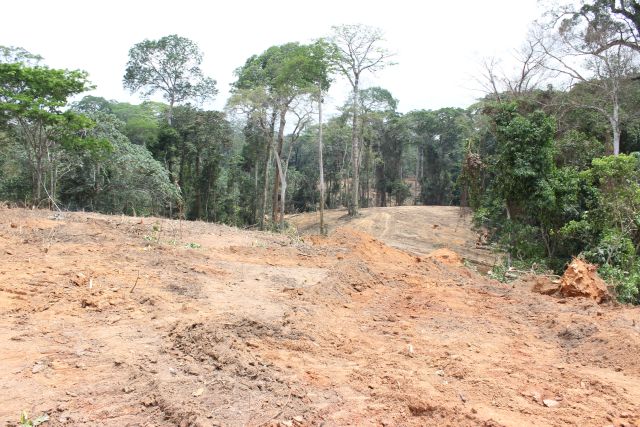In 2015, a plan was hatched to construct the Cross Rivers Superhighway in Nigeria to connect a proposed deep seaport in Calabar with the cities of Ikom and Katsina Ala.
Three years on, nothing much has been happening.
“They came here, cleared our lands and farms and took our names for compensation, but since then in 2015 we have not heard from them or even seen them here again,” said Collins Njar from the Obung community when he spoke to The Nation early this year.
The 274km Superhighway had the blessing of president Muhamadu Buhari himself with support from area governor Ben Ayade. The project was then launched by Mr Buhari towards the end of 2015 in a pomp and colour.
Read:Tanzania mulls power project on world heritage site amid criticism
But soon, the Cross Rivers Superhighway would face a myriad of challenges from several quarters. First, from the environmentalists who feared on the risk the project posed to animals. The highway was slated to pass through the Cross Rivers National Park.
The Oban division of Cross River National Park where the road is slated to pass through holds 3,000 square kilometers of lowland rainforest. It is a proposed UNESCO World Heritage Site and recognized as a biodiversity hotspot.
“Construction of the road could have a devastating impact on that section of the forest,” Odey Oyama, executive director of the Rainforest Resource and Development Centre said in 2016.
He added that poaching will also reach fever-pitch if the road construction continued to completion.
Then came the issue of compensation. The government announced N700 million for damages and compensations. But considering the number of communities along the proposed super highway route,the amount was a just a drop in the ocean.
The people of Okuni community in Ikom local government area sued the state government for N2 billion in lieu of the unevaluated destruction to farmlands, sacred temples and natural heritage sites.
Read:Chinese contractor says SGR project will not affect wildlife
“Our economic trees and crops affected by bulldozers of the defendants include cocoa, oil palms, mangoes; yams, cassava and timbers. These farms span about five hectares put together valued at N100 million per hectare.” they claimed in sworn affidavit.
But even as the superhighway fought off campaigns from environmentalists and court cases, the issue of funding was lingering. Although the Cross Rivers State received conditional Environmental Impact Assessment(EIA) approval with conditions the issue of funds for the projrct arose.
“I don’t know how a state which earns roughly N2 to N3 billion will successfully complete a project that would spend almost a trillion naira,” wonders John Obi an economist residing in the United States.
For now Cross Rivers Superhighway still remain a plan that is yet to be actualized.

